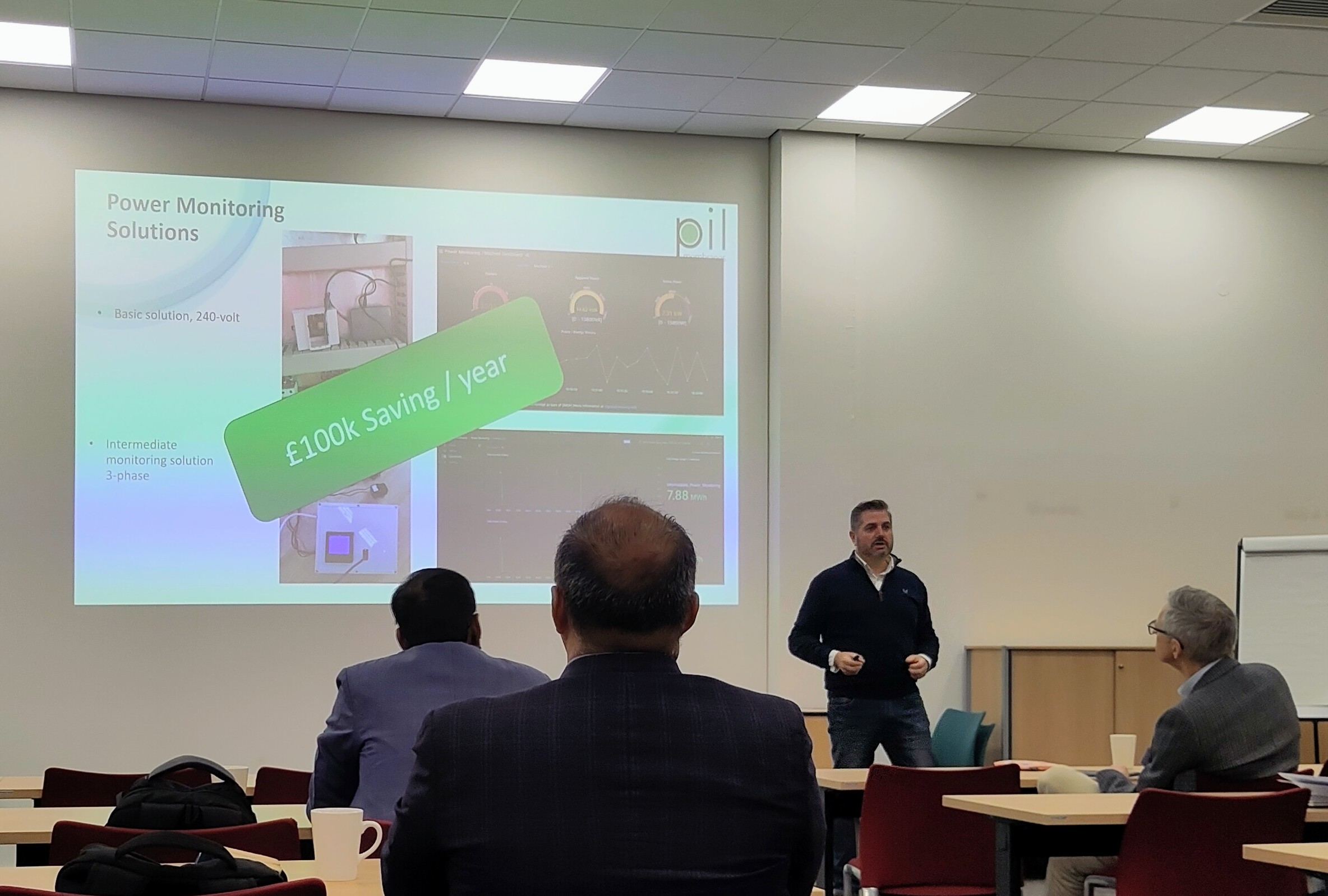
The technical programme was both broad and rigorous, with papers exploring themes such as:
- Cross-sector low-cost digitalisation – including manufacturing, logistics, construction, agriculture, and healthcare
- AI for affordable solutions
- Automation and control
- Industry 4.0 pathways for SMEs
- Minimum viable digital twins

Two keynote speakers set the tone for the workshop. Prof. Martin Steinert (NTNU, Norway) opened with a compelling talk on the role of low-cost technologies in prototyping and SME engagement. On the second day, Jérôme Faissat (Managing Director, PIL Membranes, UK) shared practical experiences from implementing digital solutions on-site and the challenges of workforce upskilling.
For the first time, LoDiSA introduced awards for Best Paper and Best Presentation. The Best Paper Award was presented to Antoine Dunand, Rufus Fraanje, and Jenny Coenen (The Hague University of Applied Sciences) for their work on a low-cost digital shadow dashboard for manufacturing. Cathal Hoare (University of Limerick) received the Best Presentation Award for his talk on service-oriented digital shadows in laser powder bed fusion.
Beyond the technical sessions, LoDiSA 2025 fostered community and collaboration. Delegates gathered for a drinks reception and formal dinner at St John’s College, creating space for informal exchanges and future partnerships.
LoDiSA 2025 demonstrated how far the conversation around affordable digitalisation has come. What began as a niche initiative is now a global movement, shaping the future of digital transformation across industries. The growing interest and quality of contributions reflect the increasing recognition of the importance of low-cost, scalable solutions.
We look forward to welcoming participants back to Cambridge for LoDiSA 2026, as the Shoestring approach continues to inspire innovation and impact worldwide.
If you are interested in finding out how your company or organisation can get involved in the Shoestring programme, or would like to know more, we would love to hear from you!
